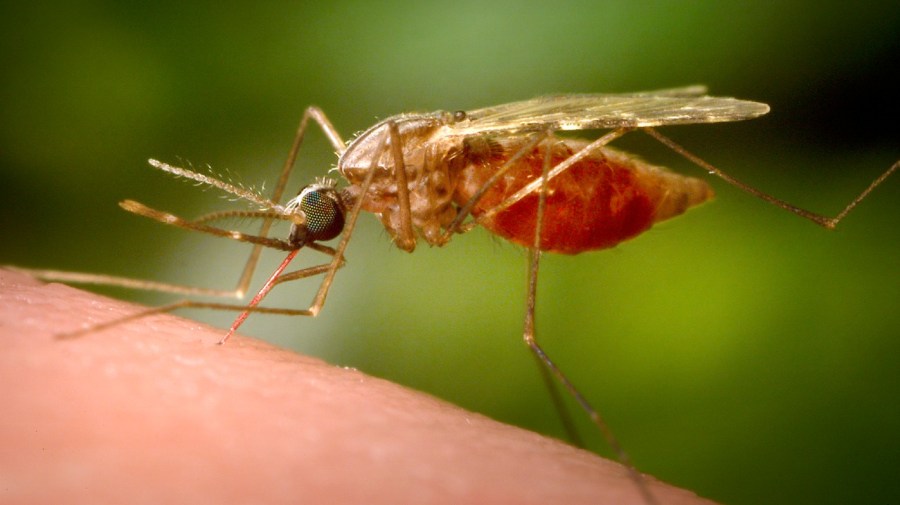State officials are warning residents of Massachusetts towns to take precautions due to a heightened risk of the Eastern Equine Encephalitis (EEE) virus that can be carried by infected mosquitos.
State officials from the Massachusetts Department of Public Health said in a press release Saturday that 10 communities in the state have been raised to high or critical risk for the EEE virus. As a result, areas in Plymouth County will receive aerial spraying for mosquitos and parts of Worcester County will have truck-mounted spraying for mosquitos.
“We have not seen an outbreak of EEE for four years in Massachusetts,” Department of Public Health Commissioner Robbie Goldstein said in a statement. “This year’s outbreak and activity raise the risk for communities in parts of the state. We need to use all our available tools to reduce risk and protect our communities. We are asking everyone to do their part.”
Officials are urging residents to take preventative measures to avoid mosquito bites, including wearing pants and long-sleeved clothing while outdoors, avoiding peak mosquito time and wearing insect repellant while outdoors.
According to the Centers for Disease Control and Prevention (CDC), most people infected with the EEE virus do not develop symptoms. The incubation for those who develop symptoms ranges between 4 to 10 days, according to the agency.
The CDC said that the infection could range from febrile illness or to a neurologic disease. The disease can turn deadly if the infection leads to encephalitis, which is the inflammation of the brain, according to the CDC. About one-third of those with encephalitis end up dying, according to the CDC, with the survivors often needing long-term care.
Town officials in Plymouth, Mass. have closed all public parks from dusk to dawn in response to the increased risk of the virus, according to a press release on Friday.
The state reported its first human case of EEE on Aug. 16 in Worcester County, according to the Massachusetts Department of Public Health.

